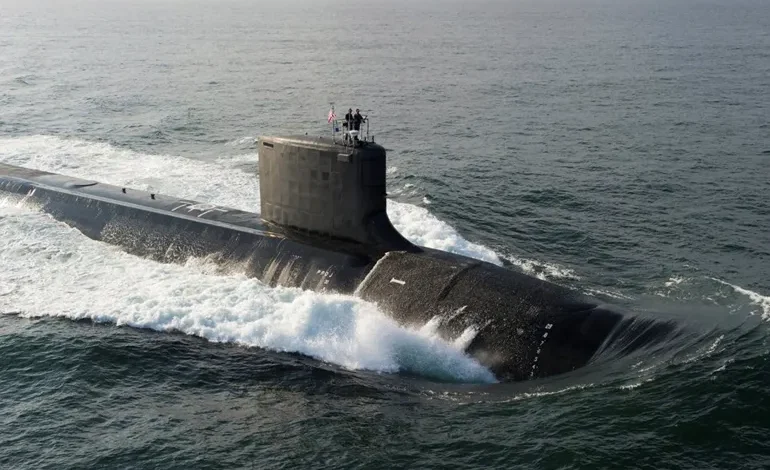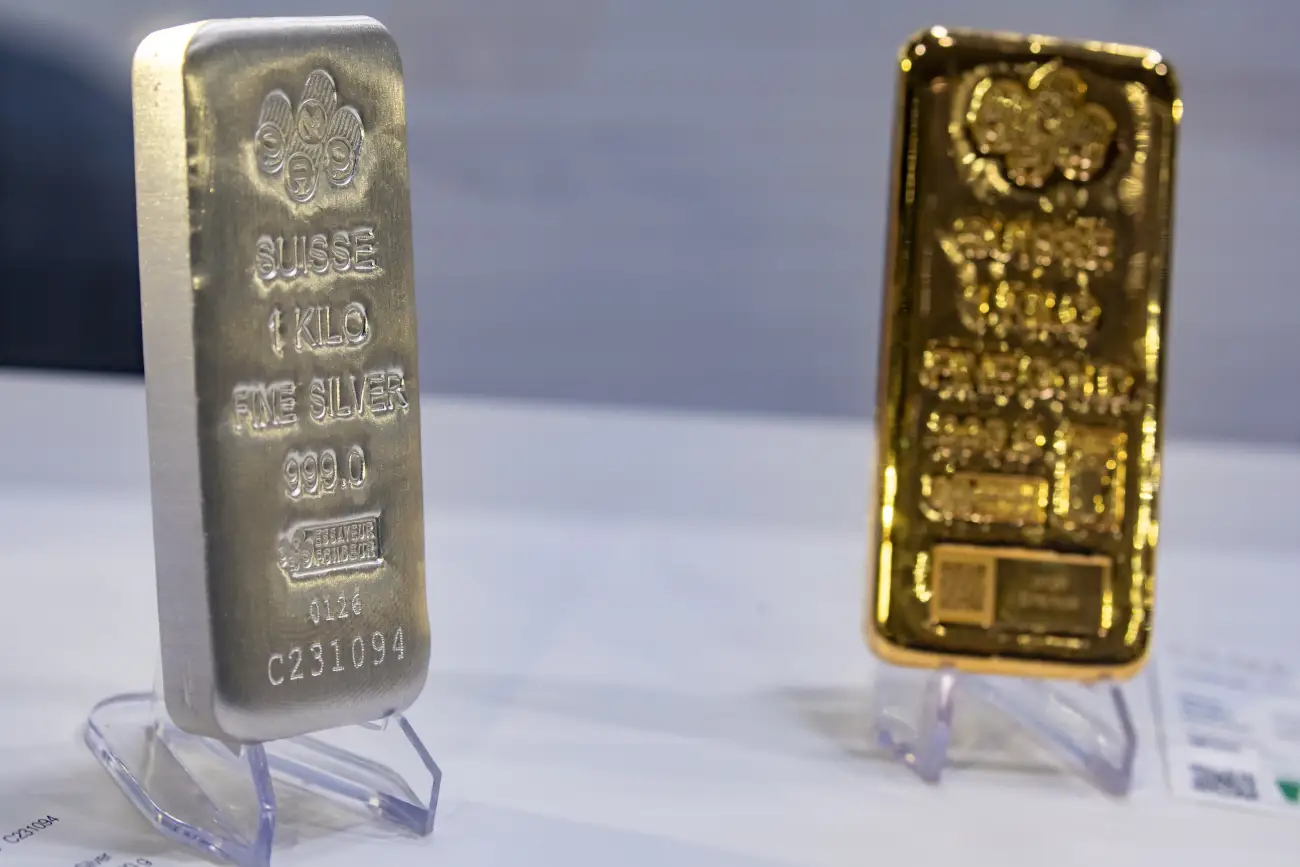Australia Confident AUKUS Pact Will Survive US Review, Says Defence Minister

Australia’s Defence Minister Richard Marles says he remains “very confident” that the landmark AUKUS security agreement between Australia, the United States, and the United Kingdom will stay on course, despite reports that the Pentagon is reviewing the deal.
The review, first reported on Thursday, comes amid indications that the U.S. Department of Defense is reassessing the 2021 agreement to ensure it aligns with former President Donald Trump’s “America First” foreign policy agenda, should he return to office. The deal, initially brokered during Joe Biden’s presidency, is considered one of the most significant military pacts in decades.
Speaking to Australia’s ABC network, Marles played down concerns, calling the review a routine part of political transition.
“It’s perfectly natural for an incoming administration to do this. It’s exactly what we did,” Marles said.
“The meetings we’ve had with the United States have been very positive in respect of AUKUS. There is a plan here. We are sticking to it, and we’re going to deliver it.”
Under the terms of the AUKUS agreement, Australia is set to acquire nuclear-powered submarines with help from the U.S. and the UK. The pact aims to bolster regional security in response to China’s growing influence in the Indo-Pacific. The deal also includes intelligence sharing and collaboration on emerging technologies such as quantum computing and artificial intelligence.
Australia will invest heavily in the partnership, including a $500 million payment already made this year and plans to spend an additional $2 billion to accelerate the production of U.S.-built Virginia-class submarines.
Australia is scheduled to purchase up to three Virginia-class submarines in the 2030s, while the US and UK plan to begin rotational submarine deployments out of Australian ports as early as 2027. New nuclear-powered submarines jointly developed under the AUKUS framework are expected to be delivered by the 2040s, according to the U.S. Naval Institute.
Despite strong bipartisan support in Canberra and London, some figures in the U.S. have voiced concerns about the deal. Former Pentagon official Elbridge Colby, a policy adviser during the Trump administration, questioned the wisdom of sharing top-tier military technology with foreign governments.
“My concern is why are we giving away this crown jewel asset when we most need it?” Colby said last year.
Others, including Democratic Representative Joe Courtney of Connecticut—home to a major U.S. submarine-building industry—defended the agreement as a vital strategic partnership.
“To abandon AUKUS – which is already well under way – would cause lasting harm to our nation’s standing with close allies and certainly be met with great rejoicing in Beijing,” said Courtney.
British officials have also sought to ease concerns, emphasizing the economic and strategic value of the trilateral alliance. A UK government spokesperson told Reuters that the pact was “one of the most strategically important partnerships in decades,” adding that it promises “jobs and economic growth in communities across all three nations.”
“It is understandable that a new administration would want to review its approach to such a major partnership, just as the UK did last year,” the official noted.
Australian Prime Minister Anthony Albanese is expected to raise the AUKUS deal when he meets with Donald Trump during the upcoming G7 summit in Canada next week. The high-level talks will likely be closely watched as all three nations reaffirm their commitment to counterbalancing strategic threats in the Indo-Pacific region.
With input from Al Jazeera









The latest news in your social feeds
Subscribe to our social media platforms to stay tuned